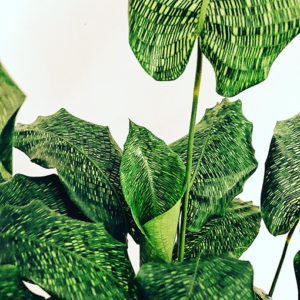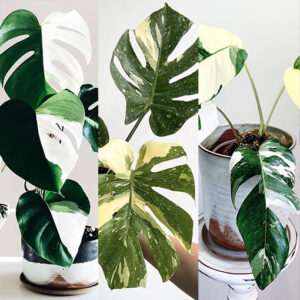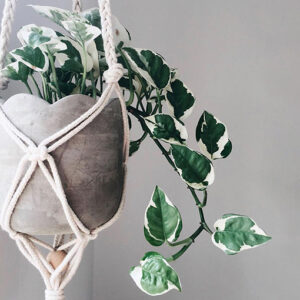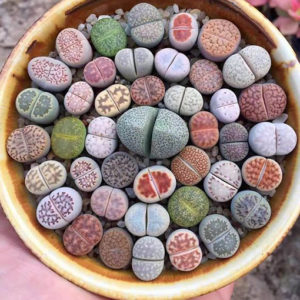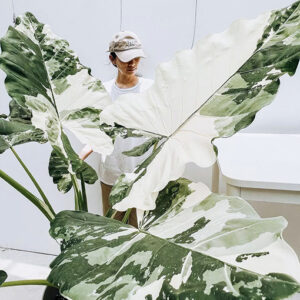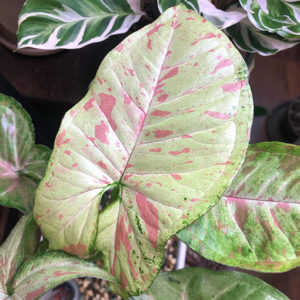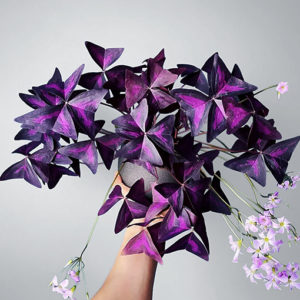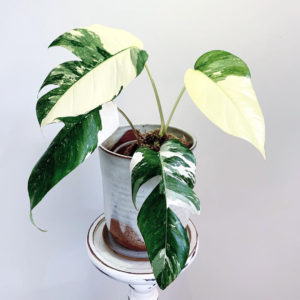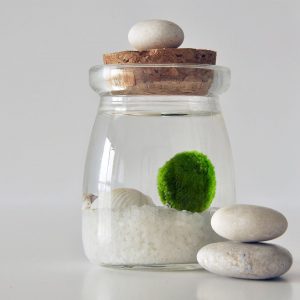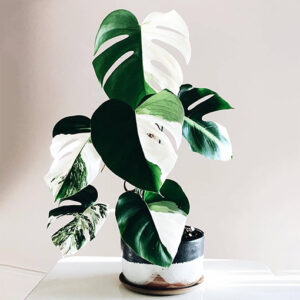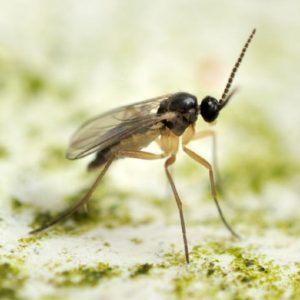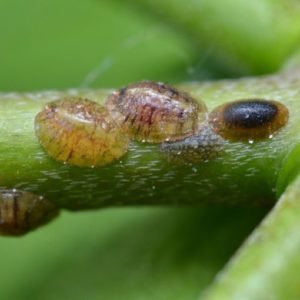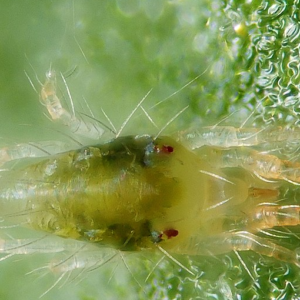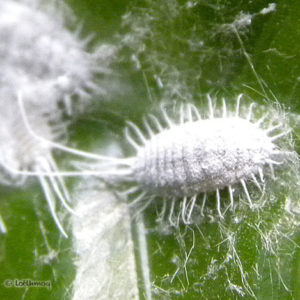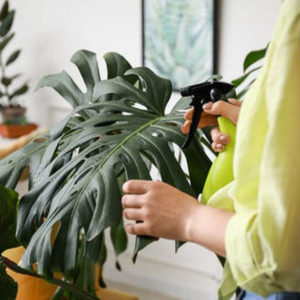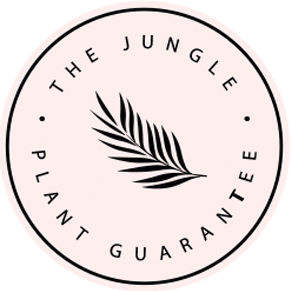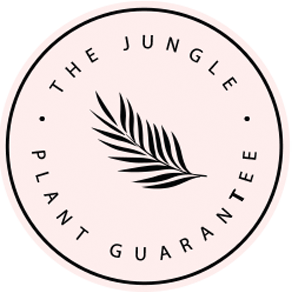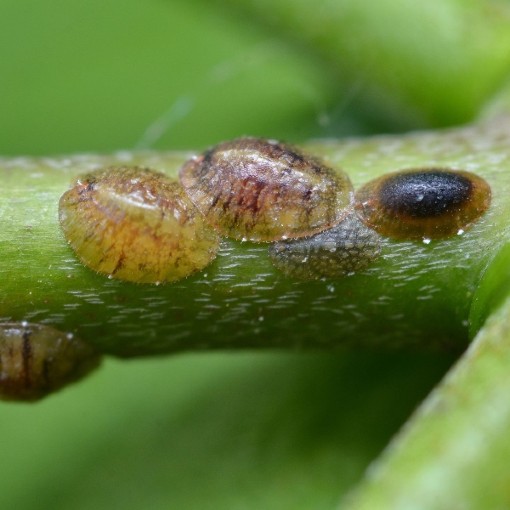
Scale Problem? It’s time to Scale up the counter attack before this small problem blows out of scale!!! 🌿💪
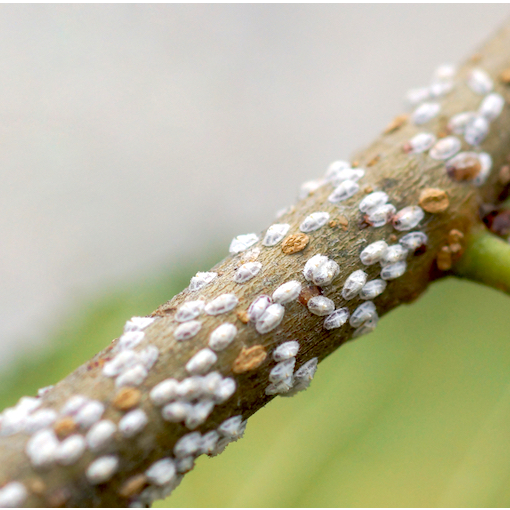
Scale insects Taxonomy
The scale insects that attack indoor plants are mostly from the families Coccidae and Diaspididae.
What are Scale insects? -Biology
Soft and armored scales are part of the large group of insects known as true bugs (Hemiptera), which includes mealybugs and aphids. They have sucking mouthparts which they thrust into the plant and use to suck out the plant sap.
Soft scales (Coccidae) start out as small soft, translucent crawlers which are born live or hatch from eggs under the mother’s desiccated body and crawl to new positions on the plants or catch the breeze to disperse to new plants. Once there, they insert their mouthparts, begin to feed and seldom move thereafter. They undergo several moults as they grow. Male scale insects are small, winged fragile insects that you are unlikely ever to notice. Adult females reach 2-6mm in length (depending on the species) and gradually turn brown or black and may secrete a white waxy substance around the edge. The female either gives birth to live young or lays eggs into the space under her shrivelling body, protected by the hard shell and wax.
Armoured scales (Diaspididae) have a similar life cycle but they are generally smaller than soft scales (1-3mm) and produce a hard wax covering that is separate from their bodies and so tough that the scale may remain long after the insects themselves are dead. This means you will need to physically remove the scales so you can tell if you are getting a further infestation.
Scale insects attack a huge range of plants, including food crops and ornamentals in the garden as well as indoors. Individual species are relatively specific in their host preferences, but a few, like Coccus hesperidium, are generalists and attack most indoor plants and particularly ferns.
Signs & Symptoms – you have a Scale insect infestation
Scale insects look like small hard or soft bumps on the plant and the plants may be sticky from the honeydew they secrete. They are usually found on the stems and along the veins of the leaves..
Ants regularly tend soft scale insects so they can collect the honeydew, so ant activity is almost always a sign that there are either mealybugs, scale insects or aphids on the plant. Sooty moulds grow on the honeydew and inhibit photosynthesis and make the plants most unattractive.
A heavy infestation of scale insects will definitely harm your plant and kill it eventually.
How to get rid of Scale insects – Scale insect control
-
- Isolate your infested plant(s): This won’t control the pests but it will help to keep them from spreading to the other plants while you deal with the infestation.
- Wipe the scales from the stems and leaves. Wipe the tops and bottoms of leaves (particularly along the veins) regularly with rubbing alcohol, plain water or with a bit of Neem or botanical oil mixed in. This will physically remove much of the infestation, but you will need to do this repeatedly.
- Sprays
Sprays for scale insects either depend on surface contact or the insect ingesting the chemical. Multiple sprays about a week apart will be required.- Insecticidal soaps, rubbing alcohol or oils. Wash the plants or spray them down with an insecticidal soap or rubbing alcohol (<70%) spray or use a horticultural oil (white, botanical or neem oil). These treatments have the effect of breaking down the scale’s external cuticle or blocking up the spiracles so that they cannot “breathe’. Never use oil treatments on a water-stressed plant or on a hot dry day or especially when the plant is in the sun, as the treatments will damage the plant.
- Insecticide. Look specifically for mention of scale insects on the product label. There are products that contain synthetic pyrethroids which must be sprayed directly onto the scale insects to be effective. The most effective insecticides for scale insects are those that are systemic, that is, they absorbed into and translocated throughout the plant. This means that the insect will get a dose when it feeds on any part of the plant, including the roots. Eggs, of course, don’t feed, so at least one more treatment will be necessary after 10-14 days to control the tiny nymphs that have just hatched. There are only a few systemic insecticides registered for home use in Australia including the neonicotinoids imidacloprid and acetamiprid. Both act similarly to nicotine, which is insecticidal. Imidacloprid is the active ingredient in Confidor, Initiator etc. It is becoming hard to find because it is being phased out for use on field crops because it is toxic to bees, but use on indoor ornamentals is quite safe for the bees. It comes in several formulations from different manufacturers: liquid to mix into a spray, a large tablet containing imidacloprid plus fertiliser which you push into the soil, and small granules that you scatter on the surface of the soil.

